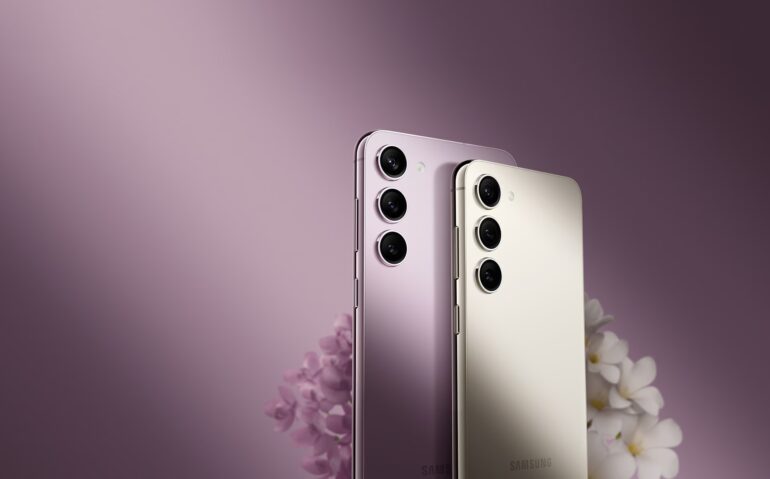TL;DR:
- Samsung plans to launch its flagship device, likely called the Galaxy S24, on Jan 17, focusing on AI capabilities.
- Over a billion smartphones with generative AI are expected to ship by 2027.
- OpenAI’s ChatGPT and Dall-E are leading generative AI tools, driving Nvidia’s success.
- Qualcomm aims to integrate AI into devices, making Samsung and Qualcomm industry leaders.
- Samsung is expected to capture 50% market share, followed by key Chinese OEMs like Xiaomi, Vivo, Honor, and Oppo.
Main AI News:
In a strategic move aimed at boosting sales in the coming year, Samsung Electronics is set to unveil its next flagship device, tentatively named the Galaxy S24, on January 17th in San Jose, California. The event will be livestreamed, with the teaser slogan, “Galaxy AI is coming,” hinting at Samsung’s commitment to integrating artificial intelligence (AI) into their latest offering. While previous years have seen smartphone manufacturers focus on camera enhancements and flexible displays, 2024 is poised to be the year where AI capabilities take center stage.
Counterpoint Research estimates that by the end of 2027, more than a billion smartphones equipped with built-in generative AI will have been shipped. Leading the charge in the generative AI revolution are OpenAI’s ChatGPT and Dall-E tools, which generate text and visual responses to users’ queries. This technological advancement has played a pivotal role in catapulting Nvidia to trillion-dollar company status, primarily by providing key AI-training accelerators. The next phase in advancing this technology involves seamless integration into devices, an ambition championed by US chipmaker Qualcomm over the past year.
According to Counterpoint researchers, “Samsung and Qualcomm are immediate leaders, thanks to their current product offerings and capabilities positioning them as first movers.” Much like their success with foldable phones, Samsung is expected to capture nearly 50 percent of the market share over the next two years. Following closely are prominent Chinese OEMs such as Xiaomi, Vivo, Honor, and Oppo, who are also keen on harnessing the potential of AI in their products. This marks a significant shift in the smartphone industry, with AI emerging as a pivotal driver of innovation and market dominance in the years to come.
Conclusion:
Samsung’s pivot towards AI in its 2024 smartphone launches reflects a broader industry trend. With over a billion AI-powered smartphones projected to be shipped by 2027, integrating AI into devices is crucial. Samsung, along with Qualcomm, is poised to lead this transformation, potentially capturing a significant market share. This shift underscores the growing importance of AI as a driving force in the smartphone market’s future.

